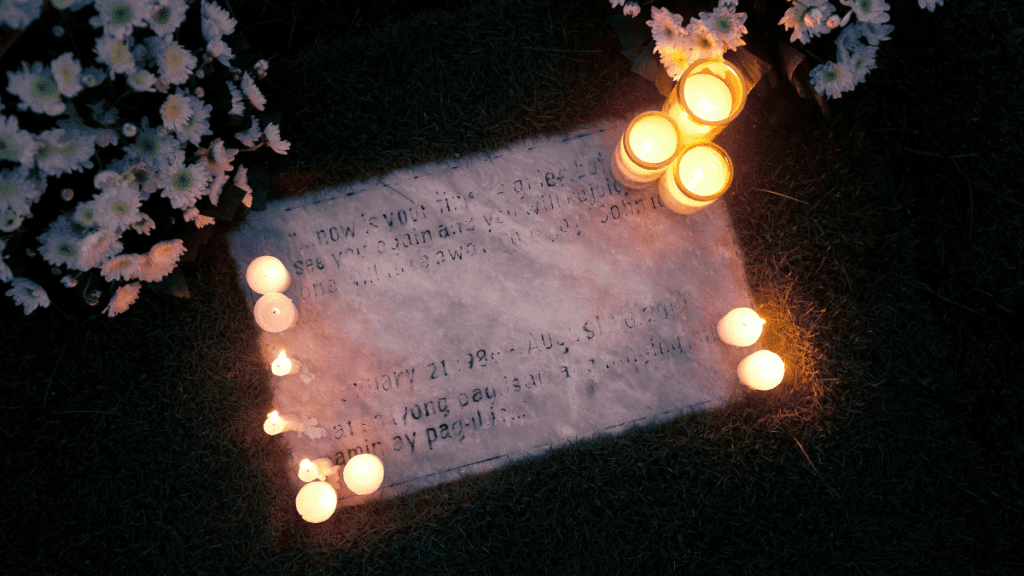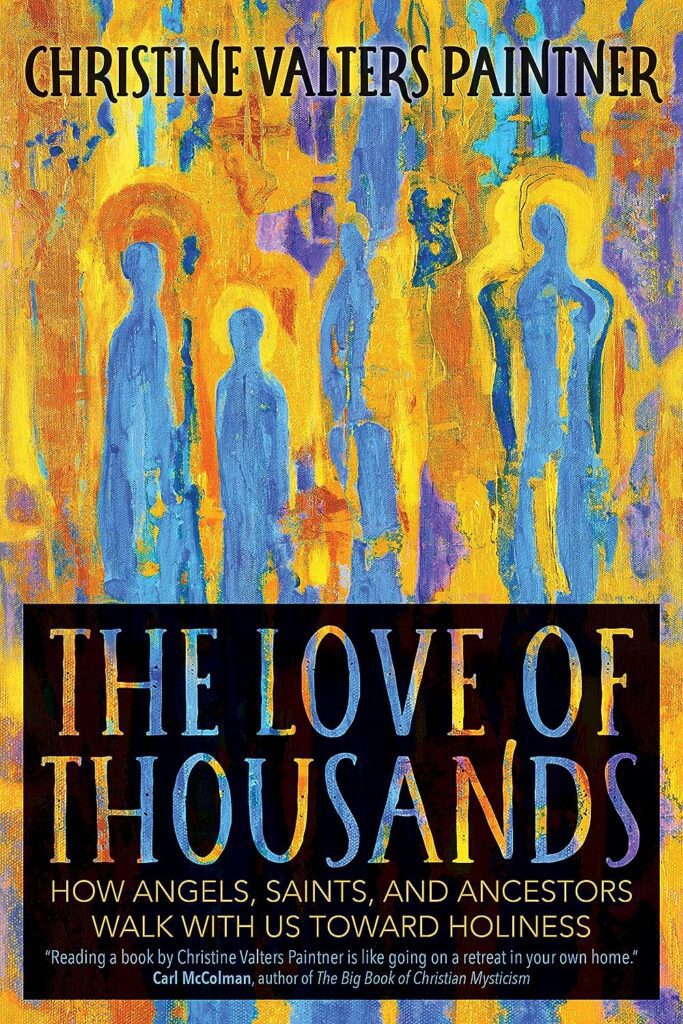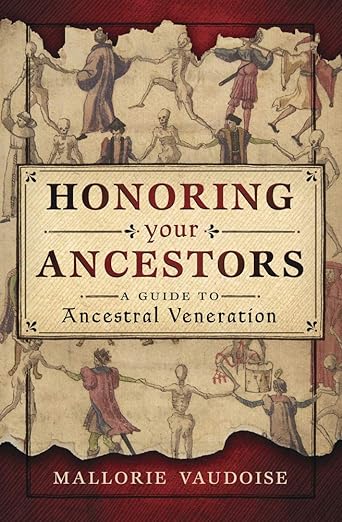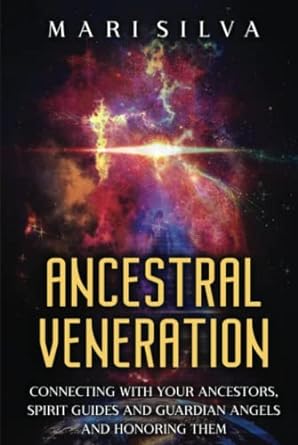Ancestor research is often more than simply a hobby or diversion. It can be a means to find your roots and establish a connection with your ancestors. In a secular age, it’s also a means of discovering meaning and purpose.
This article will look at how family history research has become a contemporary sacred activity that can help people and families connect and find spiritual fulfillment. We’ll also talk about how doing family history research can help you discover your own family story and establish rituals that foster connection and recall.
The Shifting Religious Landscape
The religious landscape is changing at a rapid and significant pace in our day and age. A Pew Research Center study claims that a considerable rise in the number of persons identifying as “nones” or non-religious has occurred recently, particularly among younger generations. The study also demonstrates that while the number of people practicing alternative kinds of spirituality has increased, the number of people who attend or subscribe to established religious institutions has decreased.
These modifications show how society is moving toward becoming more secular and less reliant on religion in people’s daily lives. This does not imply, however, that people no longer seek connection, meaning, or purpose. Conversely, a lot of people are looking for fresh approaches to locating these items in their lives.
Ancestor Research as a Modern Sacred Practice

Ancestry research is one way that people are using their lives to find meaning and purpose. The process of tracking down one’s ancestors through a variety of sources, including documents, records, DNA tests, oral histories, and more, is known as ancestor research.
Ancestor research can be viewed as a contemporary sacred activity that offers people and families spiritual fulfillment and a sense of connectedness. It is comparable to conventional religious rituals in a number of ways:
- Studying family history entails honoring and respecting one’s ancestors, just as religious rituals honor and adore one’s deity or deities.
- Ancestor research involves consulting the past for advice and wisdom, much like religious rituals consult a higher power for guidance and wisdom.
- Investigating one’s ancestry entails paying respect to and celebrating one’s ancestors, much like religious rituals do the same for one’s deity or deities.
People can establish a connection with their heritage and ancestral roots by conducting ancestor research. In their family and community, they can also find their identity, purpose, and sense of belonging.
Sacred Stories and Family Narratives

Storytelling is one of the most crucial components of ancestor research. The act of telling others stories about one’s ancestors or family members is known as storytelling. Religious traditions frequently involve storytelling as a means of imparting morals, values, teachings, and beliefs.
The sharing of stories can profoundly affect a person’s feeling of self, community, and belonging. A person can get knowledge about the lives, experiences, difficulties, accomplishments, and personalities of their ancestors and family members by hearing stories about them. One can honor their lineage, transmit wisdom, and preserve their memory by telling stories about their family members or ancestors.
Some examples of shared family stories are:
- The story of how one’s grandparents met and fell in love.
- A narrative of how one’s parents immigrated to a new country.
- Details of how a relative overcame a difficult situation.
- The triumphant tale of how someone in your lineage achieved a personal goal.
These narratives can strengthen relationships between people and families by fostering a greater appreciation for one another’s heritage and a better understanding of oneself.
Journey of Discovery: Modern Pilgrimage

Pilgrimage is another facet of ancestor research that has religious connotations. The act of making a spiritual journey to a sacred location is known as a pilgrimage. Religious traditions sometimes involve pilgrimages, in which followers go to sacred locations for the purpose of worship, prayer, or blessing-seeking.
Ancestry research can also be viewed as a type of contemporary pilgrimage, in which individuals visit locations associated with their ancestry.These places can include:
- The country or region where one’s ancestors originated.
- Towns or villages where one’s ancestors lived.
- A cemetery or memorial where one’s ancestors are buried or commemorated.
- Museums or archives where one’s ancestors’ records or artifacts are stored.
By visiting these places, people can connect with their ancestral roots in a tangible way. They can also experience the culture, history, and environment that shaped their ancestors’ lives. They can also feel the emotional and spiritual significance of these journeys of discovery.
Rituals of Remembrance and Connection

Ritual is the final way that ancestor research is similar to a religious practice. The act of carrying out certain deeds or ceremonies for spiritual reasons is called a ritual. Religious traditions frequently involve rituals, which individuals do for a variety of purposes, including worship, celebration, remembrance, or purification.
The development of nonreligious rites and ceremonies within families and communities can also be influenced by ancestor research.These rituals can include:
- Celebrations, such as birthdays, anniversaries, or reunions.
- Commemorations, such as funerals, memorials, or remembrance days.
- Gatherings for sharing stories, photos, or artifacts of one’s ancestors or family members.
- Meet-ups for conducting genealogical research or DNA testing together.
By participating in these rituals, people can create a sense of continuity and connectedness within their family and community. They can also honor and celebrate their ancestors and family members in meaningful ways.
The Quest for Meaning and Fulfillment
Humans have a persistent and universal yearning for connection, meaning, and purpose. It is independent of culture, religion, and time. People who identify as religious or secular pursue fulfillment in various contexts, including relationships, art, employment, and faith.
In a secular society, one way people might find meaning and connection is through ancestor research. People can find their own family story, their sacredness, and their connections to their family and community with its assistance.
Our hope is that this post has encouraged you to investigate ancestor research as an activity to enhance spiritual fulfillment and a deeper sense of connection. By studying family history, embarking on a modern ancestry pilgrimage, developing rituals around honoring ancestors, and collecting sacred stories and family narratives, a modern seeker can cultivate a fresh sense of personal context, awe, and meaning with or without traditional religious affiliation.
Books on the Topic
As an Amazon Associate we earn from qualifying purchases.





